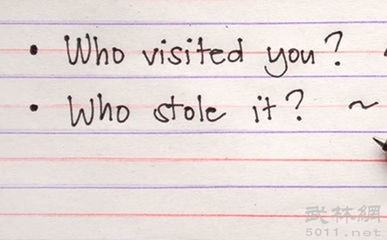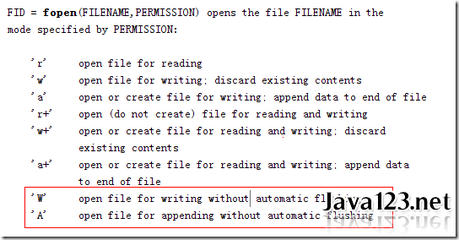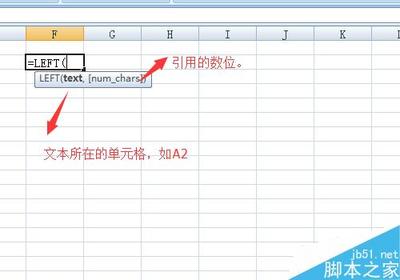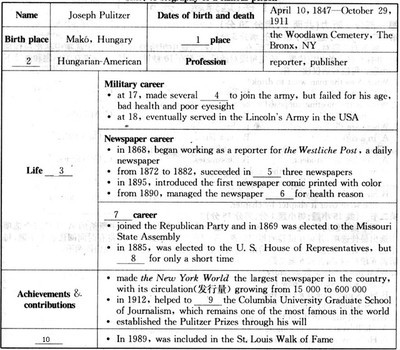'Whom' is still used in formal English and officialdocuments |
A learner in England wants to know whatthe rules are for using 'who' and 'whom'.
| Ask about English | |
| Listento the answer | |
Sian Harris answers:
There are two things worth knowing about the use of the pronoun'whom'. Firstly, in modern English usage it's considered ratherformal and old-fashioned, although it does still sometimes appearin academic and official forms of writing. 'Who' is the modernequivalent that can be used either formally or informally and inspoken and written forms.

We are also more limited with the use of 'whom' grammatically, asit only appears as an object pronoun - so relating to or definingthe object of the sentence, rather than the subject. For example,we might refer to the man to whom I spoke. In this case theman is the object, and I the subject. 'Whom' refers to 'the man',not me, and is preceded by the preposition 'to'. In modern everydayuse, we'd be much more likely to say the man who I spoke to,with the preposition coming at the end of our sentence and creatinga much more informal and colloquial effect.
'Who' is also flexible in that it can be both a subject or anobject pronoun. So, the man who spoke to me or the manwho I spoke to would both work. We can't do the same thing with'whom' which is limited to defining our object.
So, I hope that's clear - thanks again for your question.
Sian Harris is the Manager of English Language Training& Development at the BBC World Service, and runsspecialist courses in London and overseas for BBC staff. Beforejoining the BBC, she spent 10 years as an English language teacher,examiner and academic manager in schools and colleges inLondon.
 爱华网
爱华网


